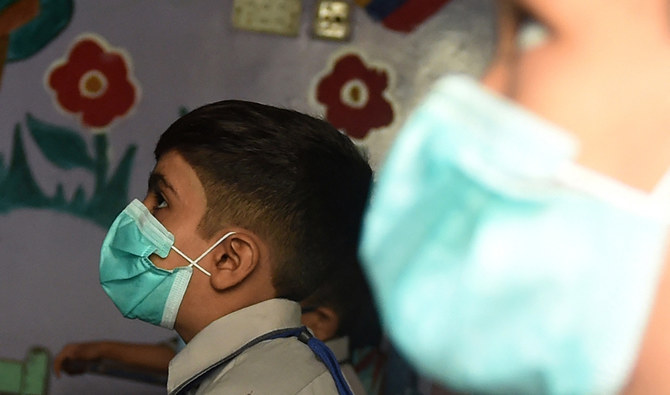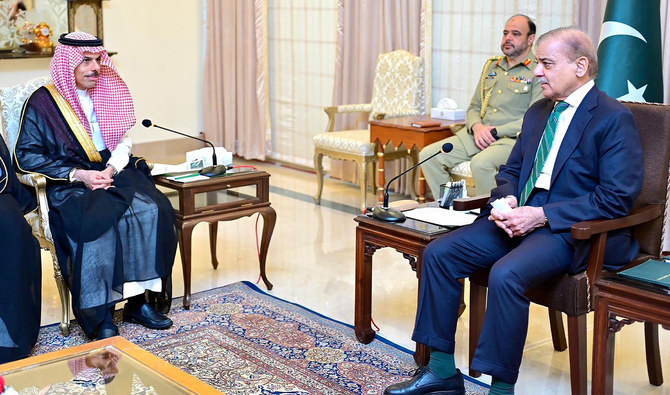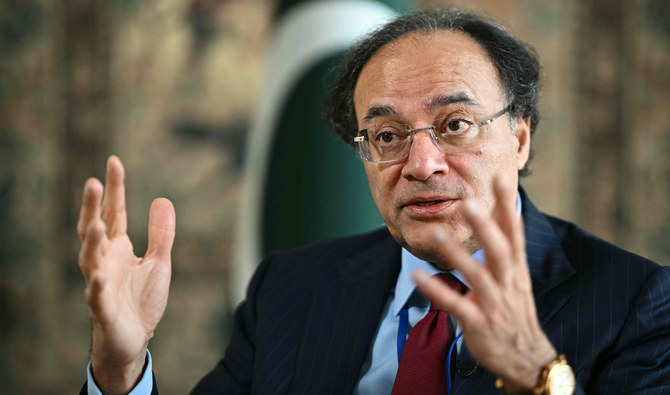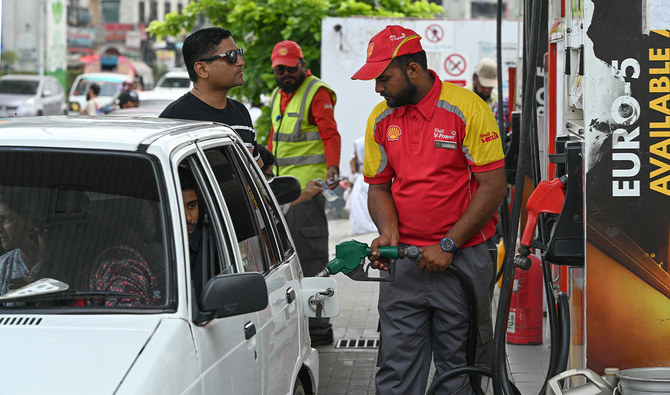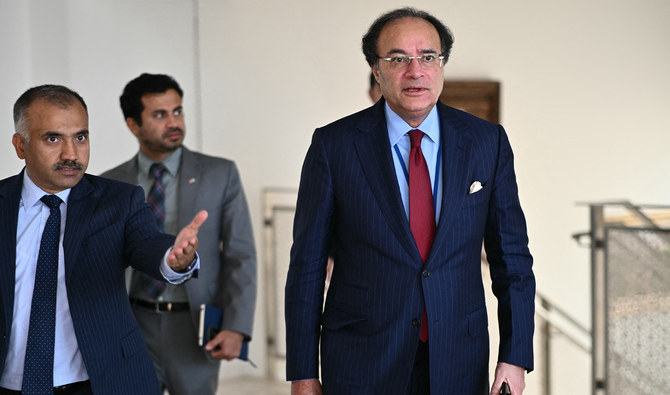ISLAMABAD: Pakistan on Thursday recorded a fresh spike in daily COVID-19 positivity rate that reached 1.22 percent with one death after a gap of several months, making the government ponder new health guidelines for the public ahead of the Muslim religious festival of Eid Al-Adha next month.
The country reported 144 new cases of coronavirus infections, with 61 patients in critical condition, during the last 24 hours.
“The positivity has increased from 0.85 percent last week to over one percent, but this is not alarming,” Professor Dr. Aamer Ikram, executive director of the National Institute of Health (NIH) in Islamabad, told Arab News.
He said the institute was thinking of announcing fresh health guidelines for the public ahead of Eid Al-Adha – the Festival of Sacrifice – which falls on the 10th day of Dhul Hijjah, the 12th and the last month of the Muslim lunar calendar.
“As we see large social gatherings during Eid, therefore we are a bit concerned that the COVID-19 infection rate may register an increase,” he said.
Ikram said his institute was “closely monitoring” the daily virus positivity and would “take corrective measures whenever necessary.”
He urged people to wear face masks at public places and avoid big social gatherings to curb the virus.
The country’s daily positivity rate registered a sharp decline from the peak 13 percent on January 22 to 0.37 percent on April 12, according to the official data.
However, it has now started picking up again.
“We cannot disclose at the moment which variant of the coronavirus is pushing up our daily positivity rate,” the NIH official said.
Since the rollout of coronavirus vaccines in Pakistan last year in February, the country has fully vaccinated 124 million individuals aged 12 and above while administering 257 million doses in total so far. Official statistics show the South Asian nation has fully vaccinated some 56.3 percent of its eligible population to date.
The official data available with Arab News reveal that Pakistan’s southern Sindh province has become the first federating unit that has immunized 34.29 million, or 100 percent, of its eligible population against COVID-19.
A total of 7.55 million people among them have also received booster doses of the vaccine.
Punjab province has administered COVID-19 vaccines to 86 percent of its eligible population followed by Khyber Pakhtunkhwa province with 64 percent.
“People need to follow prescribed SOPs [standard operating procedures] and get the COVID booster shot after every five months of the last jab,” Mehar Khursheed, a spokesperson for the health department of Sindh, told Arab News.
“Vaccine is a safe and reliable source of protection against the deadly infection,” she added.
Public health experts have also urged people to get fully vaccinated against the virus and follow health guidelines to ensure protection.
“Vaccination and precautions are the only cure against the virus,” Dr. Qaisar Sajjad, secretary general of Pakistan Medical Association, told Arab News.
He said that people should avoid large social gatherings during Eid Al-Adha since that could lead to the spread of the virus that was currently under control.
“The public needs to understand that the virus is still there and can infect anyone,” he said. “Eligible individuals should get booster doses as well to enhance their immunity against the virus.”



